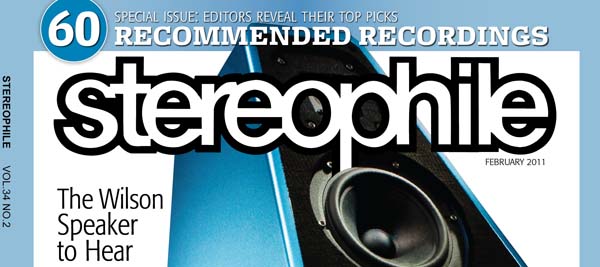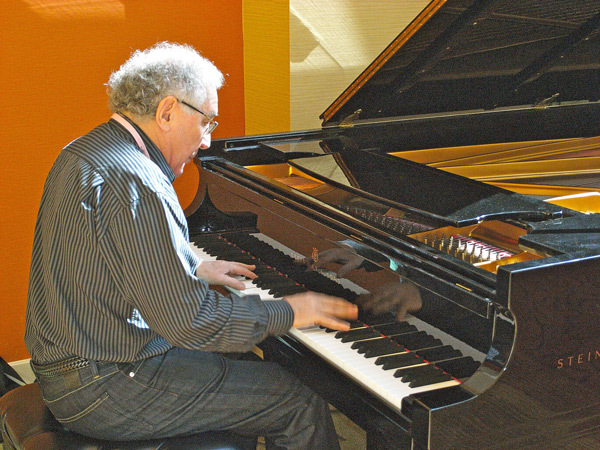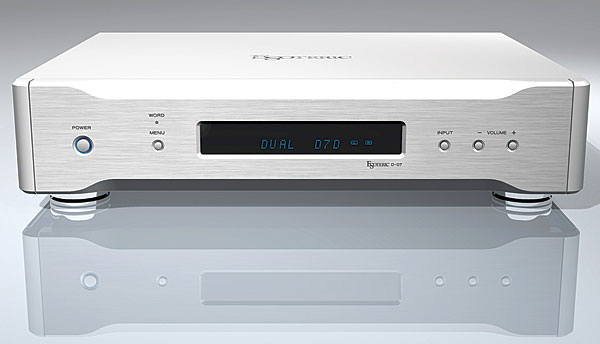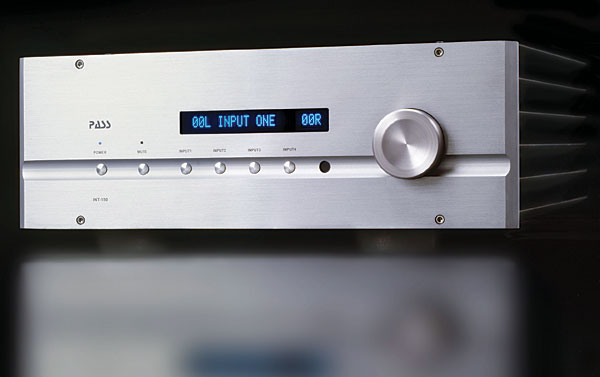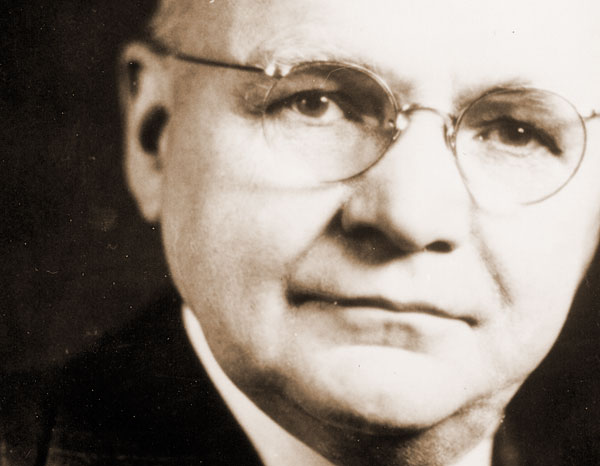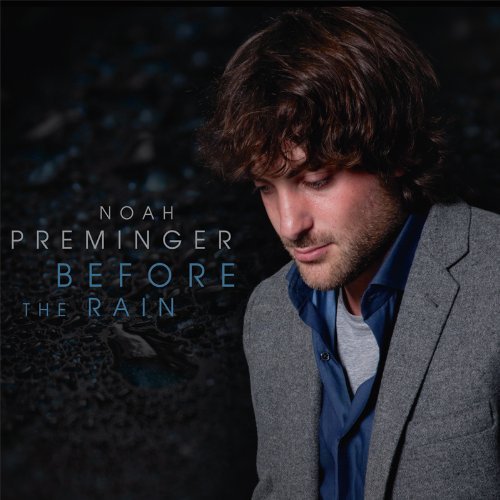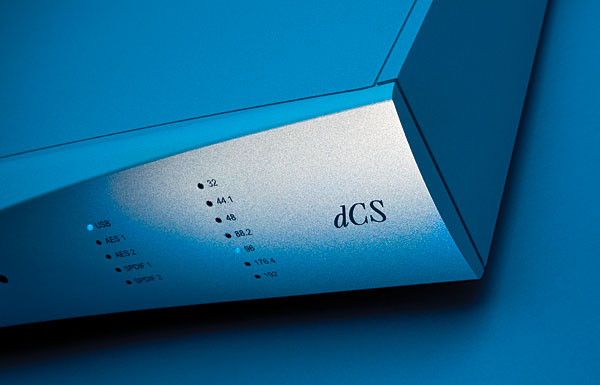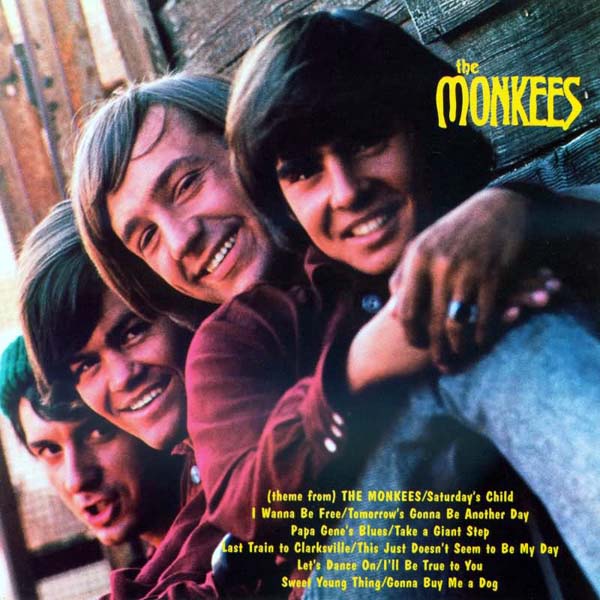LATEST ADDITIONS
Silverman's Beethoven Cycle Continues in San Jose
Producer of the series, Michael Silver of Audio High in Mountain View, CA, has retained Marc Wilsher to make high-resolution digital recordings of the entire series. Judging from an unedited hi-res master of the first movement of Beethoven's "Waldstein" sonata, the clarity and truthfulness of Silverman's sound in Le Petit Trianon are first-class.
The recordings could be as revelatory as the recordings that John Atkinson and Ray Kimber have and continued to make of Silverman performing other repertoire. Stereophile will release a new recording of Brahms' Handel Variations and Schumann's Symphonic Études later this year, and IsoMike has recently released a 7-CD set of Silverman performing all the Mozart piano sonatas. (JA's photo shows Robert performing a Mozart sonata at the 2010 Rocky Mountain Audio Fest.)
Esoteric D-07 D/A processor
Abner Jay: Last Ole Ministrel Man
Pass Labs INT-150 integrated amplifier
Listening #97
What I expected of themin the short term, at leastwas this: They were required to answer three new questions, written for their benefit on that still-vibrating chalkboard, at the beginning of each and every school day. If the children didn't hand in their answers before the first-period classes began, I would not accept their homework from the night before, thus earning them a score of nothing. On the other hand, a good record of correct or at least entertaining answers to those morning questions would, I promised, be used to nudge upward any borderline report-card grade at the end of each quarter.
Noah Preminger's Before the Rain
It's an unlikely mix of homages, but with an equally surefooted and agile band, it works. And on Preminger's latest album, Before the Rain (on the Palmetto label), his bandpianist Frank Kimbrough, bassist John Herbst, and drummer Matt Wilsonis all that.
The disc consists mainly of slow ballads, some originals, some standards, simmered in polyrhythms, cool in demeanor but ripe with emotion. There are also some jagged upbeat tunes, where all the playersand this is more a true quartet than a leader-with-three-backupsstep out with a controlled abandon.
The sound quality is good, though I wish the drums were a little less compressed.
Chord Chordette Gem D/A processor
Depressed? Don't be. Those of us in the perfectionist community have a history of dealing with such things, howsoever slowly and inefficiently. (footnote 1). We're getting better at it, too, year by year. An example: Chord Electronics, of sunny southern England, has now brought to market their Chordette Gem D/A converter ($799) which they offer as an affordable means of getting perfectionist-quality sound from computer-music files.

